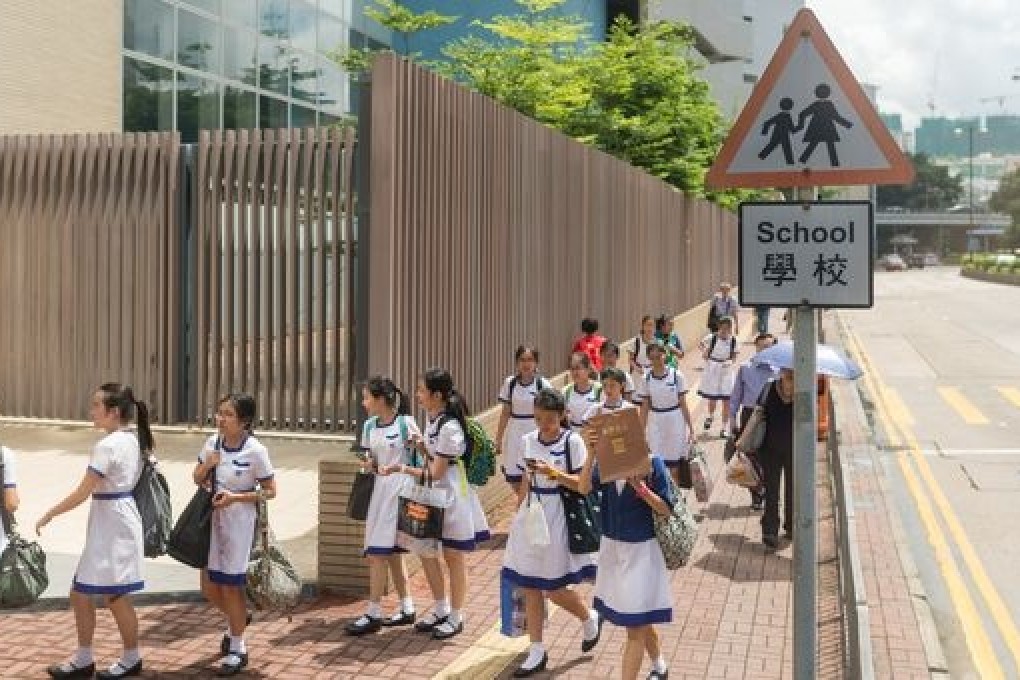Efforts must be made to improve support for those with learning differences
Five months ago, I met a family who were planning to move to Hong Kong from overseas. Along with the normal worries about moving abroad, the parents were stressed about finding a school for their three children.

[Original source from Education Post]
Five months ago, I met a family who were planning to move to Hong Kong from overseas. Along with the normal worries about moving abroad, the parents were stressed about finding a school for their three children, who were aged four, 10, and 12. They hoped to find a school that had openings for all three students, and could also provide the necessary learning support for their 10-year-old. Without the support, the child would struggle in mainstream classes and fall further behind their peers academically. They were also concerned about the services available in Hong Kong outside of schools.
Applying for school is a stressful process for any parent. But the process becomes even more difficult when the child has a learning difference. Parents are often unaware that their child has a moderate learning difference, and are surprised to discover it when they apply to schools for the first time. Other parents find out later, when they are told their child is not progressing at the same rate as his or her classmates.
The challenge of how to include students with special learning needs has been gaining attention in Hong Kong and the wider international school community. A learning disability can hinder a student’s ability to profit from regular classroom instruction, despite his or her innate intelligence. Challenges with learning can appear in the form of reading difficulties, problems with writing or math, a lack of organisational skills and attention, memory issues, and problems navigating the social world. Recently, the American Chamber of Commerce hosted forum on school placement and the challenges faced by relocated families. During the forum, it was apparent that appropriate school places for all children are crucial to attract families to the city. This is challenging for international and independent schools, due to the increased material and physical costs it involves..
Schools that offer learning support operate in a variety of ways. Many schools offer learning support for students with mild to occasionally moderate differences. Usually, a school will offer some sort of inclusion support, pairing a Special Educator with a classroom teacher to minimise a student’s time out of class. For students with more significant skill deficits, it may be necessary to provide a pull-out service with more individual support and specialised interventions.
Schools should also offer strategic support, so the student can develop ways to cope in the mainstream classroom. At independent or private schools, this support requires a significantly higher teacher/student ratio than the average 1:15, and therefore generates additional costs. For students with moderate needs, the teacher to student ratio may need to be around 1:4.
Outside of school, students may require specialists in occupational therapy, speech and language therapy, and psychological support. Occupational therapy develops the motor skills for writing and using a keyboard. Speech and language therapy includes improving the memory of what is heard or seen, following directions involving many steps, and answering the who, what, when, and where questions with increasing levels of complexity. Psychological support can help identify areas of disability, and offer strategies for compensation. It is not simply counselling.
These support mechanisms can be expensive. But they are effective ways to support students who learn differently. In Hong Kong, there are numerous avenues for support within the private sector. Depending on the needs of the child, parents may look toward independent educational psychologist or school programs like the Autism Partnership that work with parents and school environments to help students become successful in the mainstream.
The admission process is the key to finding the right student-school match, and parents and schools must remain honest throughout the entire process. A thorough process for admissions can often help identify areas for growth in the students, as well as assess whether the student is right for the school. It is better to be denied admission and redirected to a school that can provide the necessary assistance, than to try to “make it” without support.
We are grappling with this subject at my school, where we are looking at ways to broaden our offerings from Reception One to Grade 12 to help meet the needs of the community. It is our hope that all students will be able to enjoy the full benefits of education in any location that they may choose.